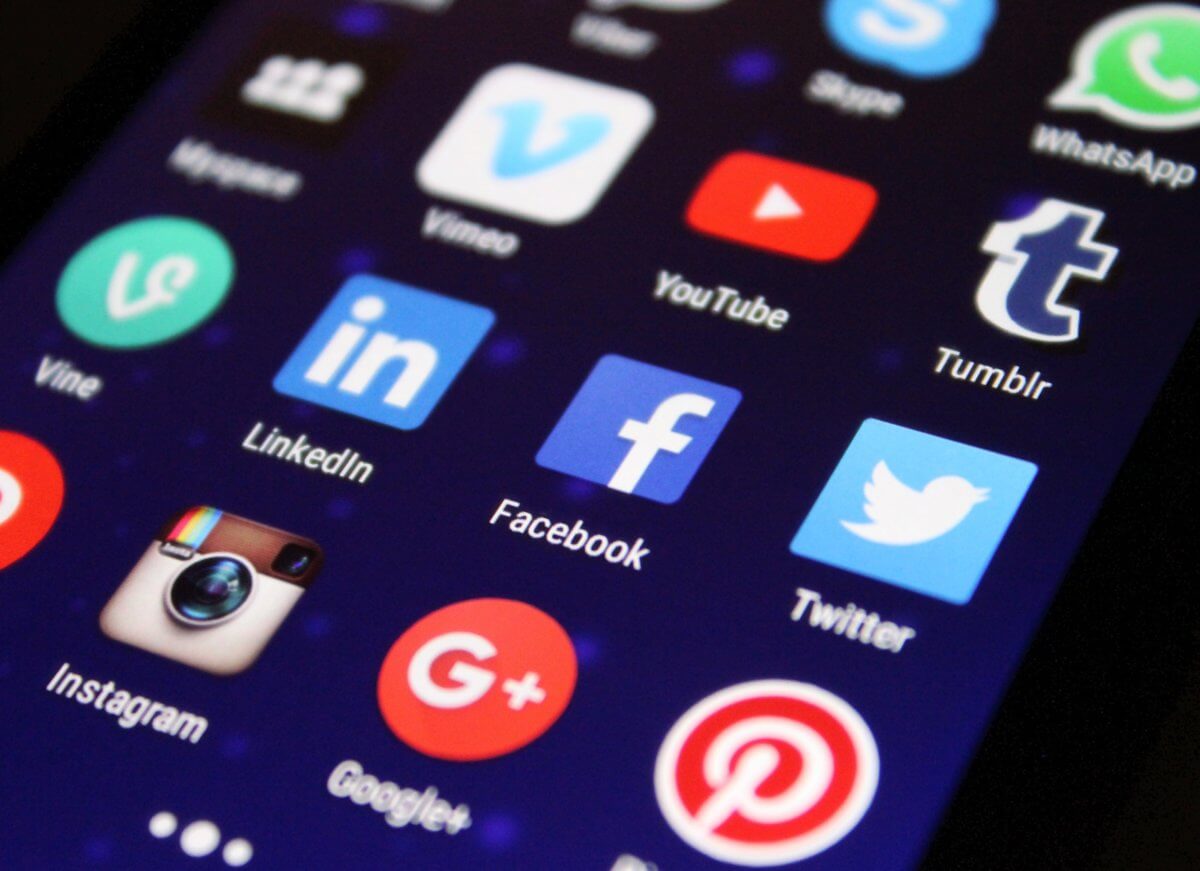Without Facebook, I probably wouldn’t have been invited to friends’ birthdays or be contributing this article.
Although Facebook founders Mark Zuckerberg and Eduardo Saverin initially created the social media platform for Harvard students, it eventually grew to accommodate anyone above thirteen years old. What started out as a simple “Hot or not” game that violated individual privacy and copyright has become a means to connect people, and inadvertently became Zuckerberg’s lifelong career.
That said, I think Facebook is pretty much a required tool when navigating through university. Even though it isn’t explicitly listed as a prerequisite, such as a textbook, the cost of not using Facebook for university far exceeds the usual arguments of the social media platform being a work distraction.
Messenger has grown into a regular communication tool. Innovations such as file transmission or event reminders enable us to respond faster to new notifications rather than new text messages or emails. Google’s previous attempt at creating their social network, Google+ never seemed to have caught on, so we’re pretty much left with Facebook by default.
Compared to most universities, ANU has a bustling online space. After all, news that ANU campus was flooded from heavy rain first broke out among university forums as a form of user-generated content. From its 12,000+ member strong forum ANU Schmidposting, to the existence of pages such as ANUGothic or ANU Crushes, this builds a community that inarguably unites ANU students. Autonomous Facebook groups provide on-campus support and a safe discussion space to marginalised groups or people from the same background. First years venturing into a brave new world post questions on topics ranging from parking to handling their degrees, and are often instantly answered by students who have experienced the same thing.
Furthermore, Facebook tends to be used as an alternative to digital marketing. The “news feed” format allows you to search for on-campus opportunities, whether it be society executive nominations or casual jobs available in Canberra. However, many groups have forgotten to utilise email newsletters as a form of communication to connect with their followers, which should not be expensed at all in favour of a Facebook mention.
Facebook’s only competitor is Wechat, primarily utilised by Chinese students who may not be on the former social media platform. As such, a Western-centric social media platform is emphasised, whether it be for social purposes or connecting with opportunities.
That said, simply having a Facebook account can be hazardous. Numerous employers allegedly use Facebook to gain a better understanding of their future job applicants through a casual glimpse at their behaviour.
The platform itself tricks users into keeping their data through different options. By deactivating your account, you’re “taking a break” and hiding your profile from searches and friends, but still liable to receiving emails as well as being tagged in photos. Permanently deleting your account is likely the option you’re looking for, but could take up to 90 days to process.
For better or worse, Facebook is here to stay. It certainly can’t be “beat” – only resisted for the time being. The social network has certainly helped with our communication needs and support for a brave new world, and I can’t wait to see what Facebook accomplishes next.
We acknowledge the Ngunnawal and Ngambri people, who are the Traditional Custodians of the land on which Woroni, Woroni Radio and Woroni TV are created, edited, published, printed and distributed. We pay our respects to Elders past and present. We acknowledge that the name Woroni was taken from the Wadi Wadi Nation without permission, and we are striving to do better for future reconciliation.
